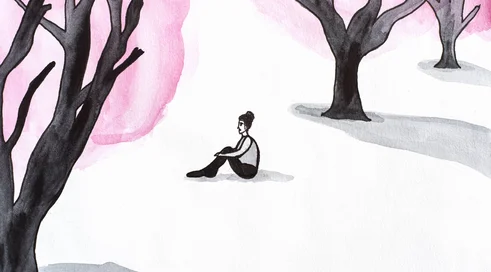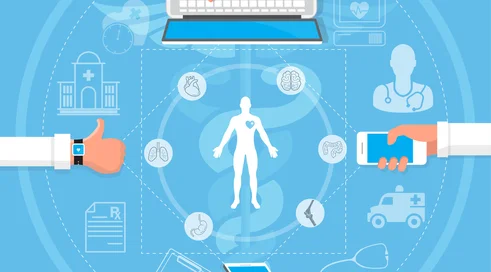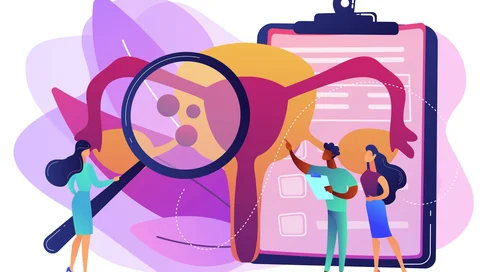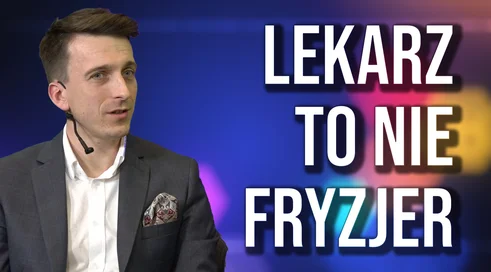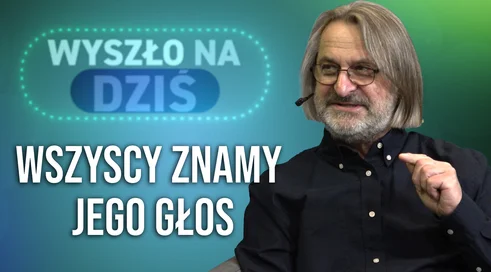There's a reason I've chosen our guests today this way, because we'll be talking about helping. During the conference on bone marrow transplantation, you said that our brain is oriented towards helping. And very often it may be that just helping may simply be therapy. What is the point of helping? Does it mean that helping is in our blood, that we are born wanting to help?
Marta Noryskiewicz: The issue is very complex. Certainly, my statement referred to the part in the brain that we have in the prefrontal cortex. These are the mirror neurons. Mirror neurons help us feel empathy and feel the situation in which the other person is. We can also relate this to helping, of course. When I feel, not participating in an event, but, for example, seeing someone on the street kicking a dog (I don't have to participate in the event, I'm not even that dog), but huge layers of empathy are activated in me, because I empathize, I see. So empathy, as well as all the emotions that follow it in the situation of such a scene, help me react and do something. But this is one aspect of how our brain is built. Helping is a very complex matter and is affected by many more different aspects.
I address the same question to Mr. Robert as an anthropologist. Are we born with the desire to help?
Robert Lipka: Indeed, when a young individual of the species Homo sapiens sapiens, or ours, is born, I must say that there is neither good nor evil in our brain. On the other hand, there is genetic equipment, drives, instincts that can be used in both directions. This is already a matter of culture and social upbringing, socialization. But in general, evil and good at the level of biology does not exist. There is the equipment of herd and social man, and therefore cooperative. This was a very good example of the previous speaker with the dog. Indeed, when a person is damaged, damaged prefrontal cortex, he will be capable of extraordinary, drastic acts. And the culture? Yes, empathy is also awakened in me when I see a persecuted dog. But in China, the other Chinese may then say: hit him harder, he will be tastier. I remind you that in Chinese, an animal is literally a thing that moves. And actually...
Content locked
To gain access to the complete English section of the Medexpress.pl, kindly reach out to us at english@medexpress.pl.






